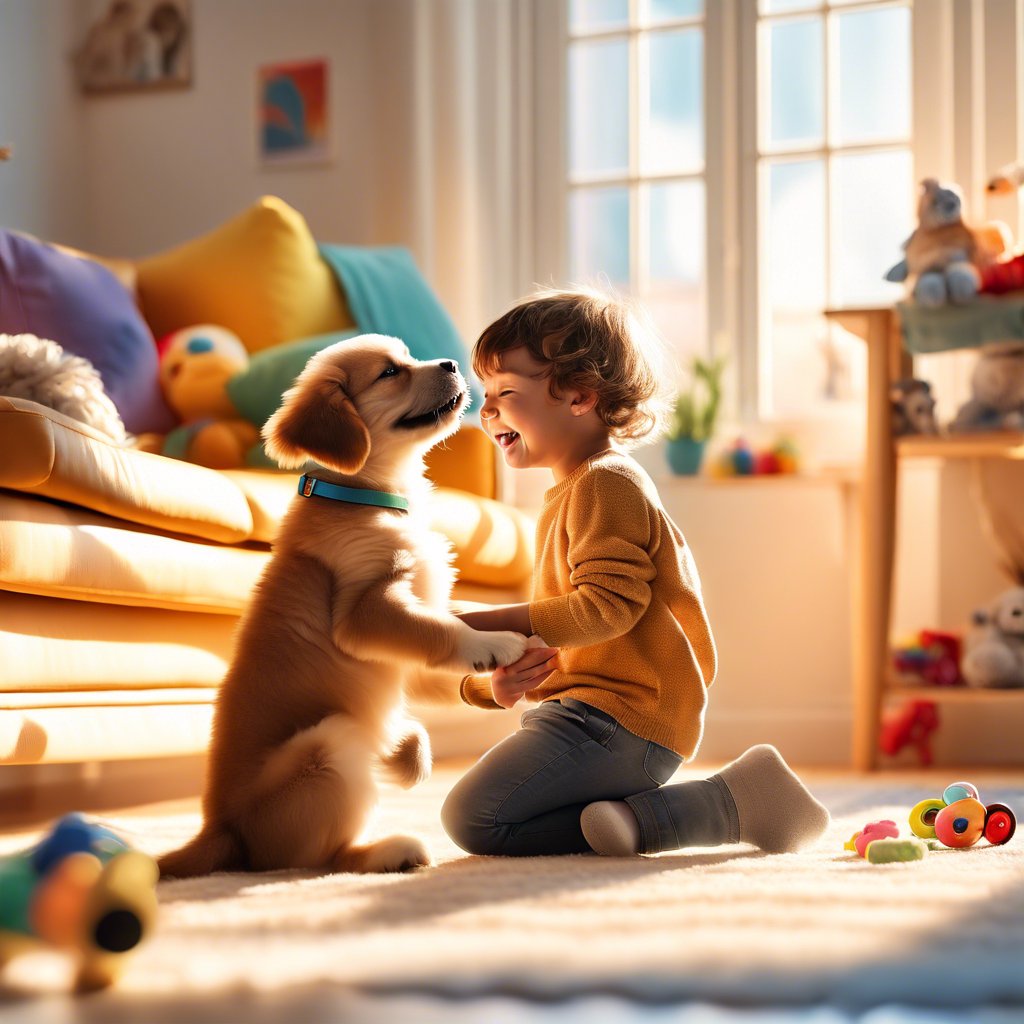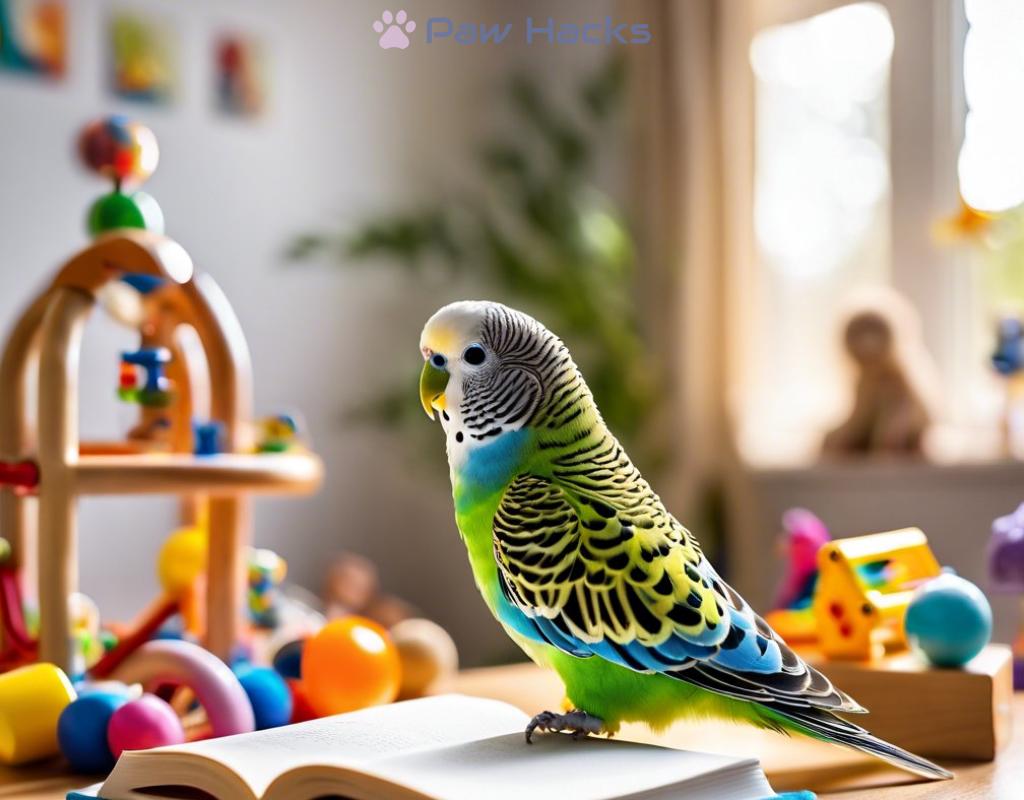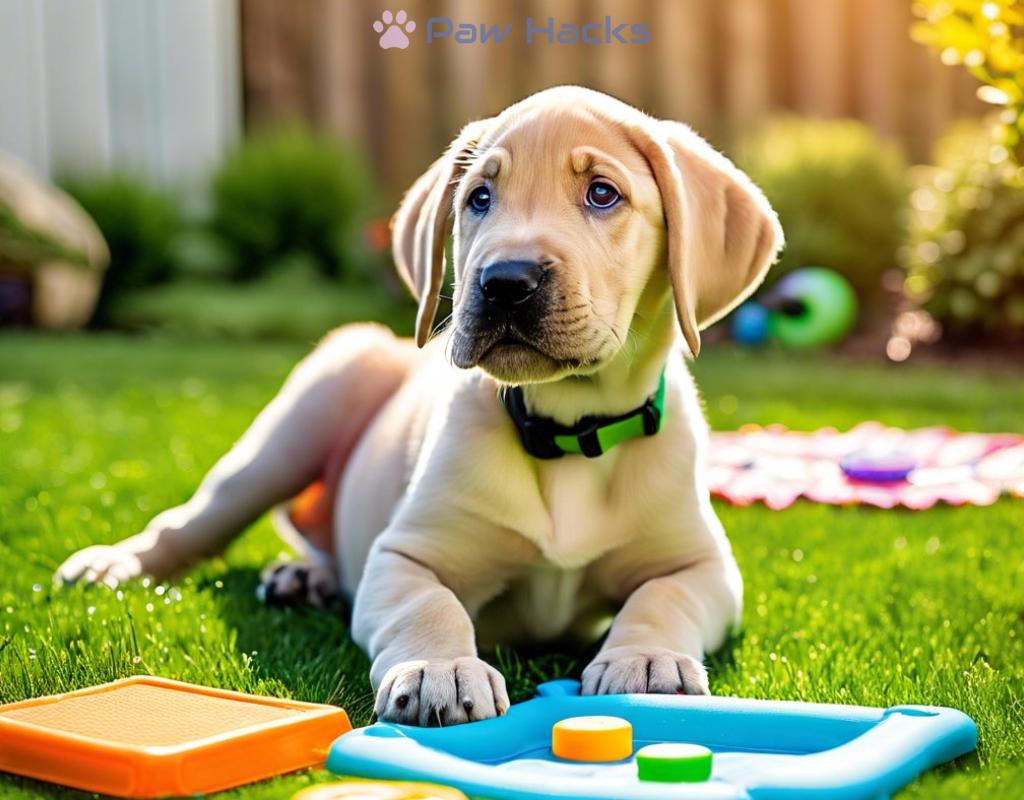Correcting Biting Behavior in Puppies
Puppies are undeniably adorable, but their sharp little teeth can turn playtime into a painful experience. Understanding the roots of biting behavior is crucial for any pet owner. Puppies bite for a variety of reasons, including teething, playfulness, and seeking attention. Recognizing the underlying causes will help you address the behavior effectively and foster a positive relationship with your furry friend.
Effective Training Techniques to Curb Biting
Training your puppy to stop biting requires consistency, patience, and the right techniques. Implementing effective training techniques will not only mitigate biting but also build trust between you and your puppy. Here are some proven methods:
- Redirect the Behavior: When your puppy starts to bite, redirect their attention to an appropriate chew toy. This teaches them what is acceptable to bite.
- Use Positive Reinforcement: Reward your puppy with treats and praise when they play gently. Positive reinforcement helps them associate good behavior with rewards.
- Establish Boundaries: Set clear rules about biting. If your puppy bites too hard, respond with a firm “no” and stop playtime. This will help them understand the consequences of their actions.
The Importance of Socialization and Interaction
Socialization plays a pivotal role in correcting biting behavior. Exposing your puppy to various environments, people, and other dogs helps them learn appropriate play behavior. Engaging in regular, supervised play sessions with other puppies can teach them bite inhibition. Early socialization not only minimizes biting but also fosters confidence in your puppy.
Additionally, remember that your interactions matter. Puppies often mimic the behavior of their owners. If you’re overly rough during play, your puppy may think it’s acceptable to bite. Strive for gentle play and consistently enforce positive behaviors to ensure your puppy grows into a well-adjusted adult dog.
Share this content:



